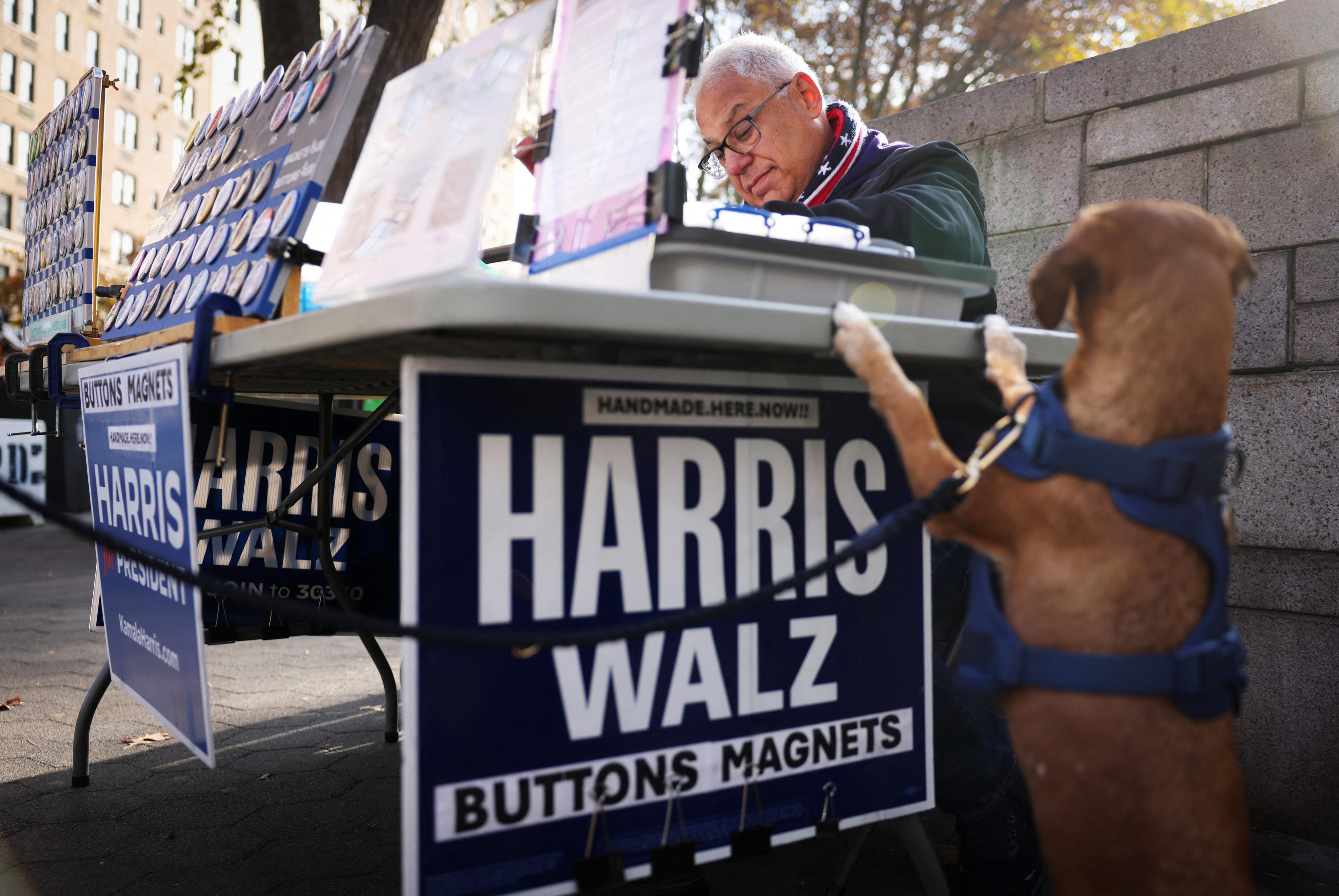Prime
UPDF in fresh plunder claims of Congo minerals

UPDF spokesman, Col. Felix Kulayigye
The Central African Republic and DR Congo have accused the UPDF hunting down LRA rebels in the two countries of allegedly involving in illegal extraction of timber, gold, diamond and other gems. This is contained in a report by the Brussels based International Crisis Group.
The Ugandan military yesterday reacted angrily to the accusations, describing the report as a “hogwash” writing tinged with accounts by “racist armchair” researchers.
In the November 17 report, ICG said the prospects of lucrative illicit business, sabotaged by the Congolese army, lack of regional political consensus and a “half-hearted” pursuit by Ugandan army, have scurried attempts to decimate LRA.
“The Congolese army and local authorities have ratcheted up a smear campaign to turn locals against Ugandans, whom they accuse of illegally exploiting natural resources, including ivory, gold and bush meat, and attacking civilians,” the report notes.
This is the second time the UPDF is being adversely named in harvesting mineral resources of a foreign country. The first being during the 1997-2003 war which resulted in the International Court of Justice slapping $10 billion fine on Uganda after Kinshasa sued.
“CAR President François Bozizé distrusts the Ugandan army, envies its US support, has ordered it to withdraw from diamond areas and could hamper [anti-LRA] operations further unless satisfied his own army is benefitting,” notes the NGO in the report titled, The Lord’s Resistance Army: Endgame?
The group says CAR President Bozizé and his Congolese counterpart Joseph Kabila do not trust Kampala, and as such, are less inclined to permit the Ugandan army, or their own militaries, to hunt LRA rebels that pose no threat to their hold on power.
“This is hogwash and absolute nonsense from racists that are envious of the new paradigm; that African countries can come together to solve a security problem on their own has rubbed some [of these Europeans] the wrong way,” Col. Felix Kulayigye, the UPDF spokesman, noted in an email reply.
Its first report since US troops last month put boots to the ground here in the hunt for LRA, ICG paints a bleak future for the operation unless polarised political leaders and their distrustful armies work together under the aegis of the African union.
Joseph Kony, wanted by the International Criminal Court, is believed to be hiding in CAR but his forces, moving in diminutive groups of 10-20 fighters to avoid detection, continue to pillage villages across three countries in the Great Lakes region.
However, Uganda was forced to withdraw substantial numbers of its soldiers from Congolese territory after domestic political opponents put President Kabila on tenterhooks over the deployment at a time when the vast country began a countdown to presidential and parliamentary elections due tomorrow.
Yesterday, Col. Kulayigye denied that restrictions imposed by neighbouring countries have handicapped UPDF operations, arguing instead that the people and government of CAR fully support the anti-LRA offensive, offering UPDF vehicles to use even in areas where “there are no roads to drive on.”
“On the US support,” noted the UPDF spokesman, “It is for all the LRA-affected areas, not Uganda alone. So the authors of the report ought to read President Obama’s initiative and the US congressional decision.”
President Obama on October 14 deployed a contingent of approximately 100 US Special Forces to work with regional militaries to remove Kony and his commanders.
ICG said pursuit of the rebels inside DRC is dogged by the host’s refusal to cooperate.
“Having the Ugandan army roving about on Congolese territory, in some places unaccompanied and with no departure date in sight, is beyond the limit of [President] Kabila’s magnanimity,” the report notes.
Col. Kulayigye admitted they restricted their movements in DRC, but to allow the neighbouring country carry out “a smooth, free and fair election.”




